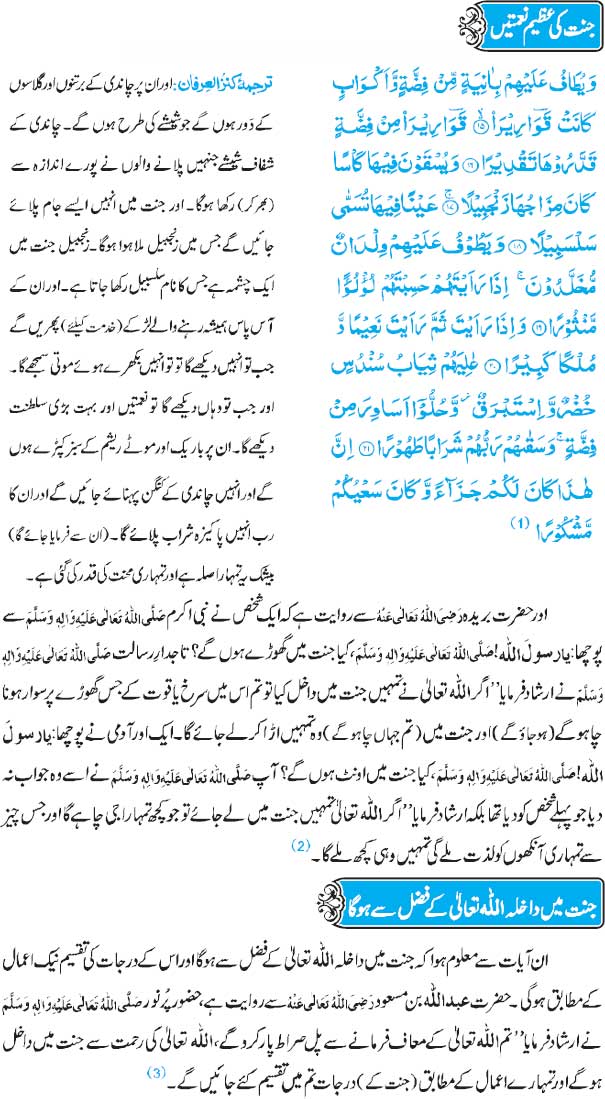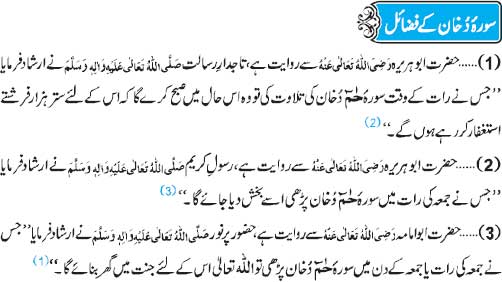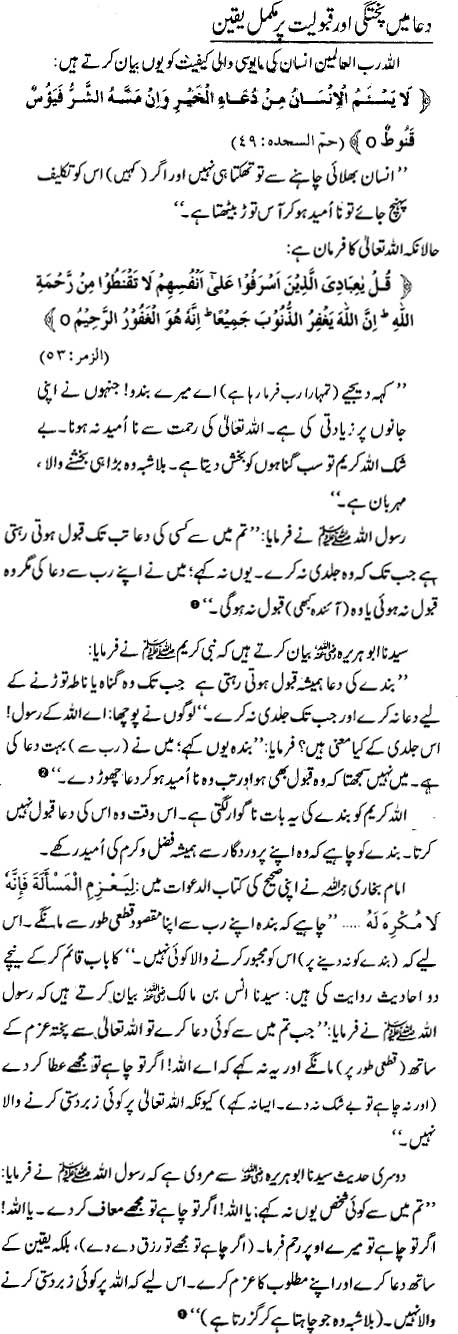
Method Of Performing Ablution (Wuzu)
Make an intention (Niyah) for obeying Allah and for gaining reward, and after reciting “Bismillah Shareef”, wash both hands up to the wrists. Then brush the teeth with “Miswaak”. Hold the “Miswaak” in your right hand – little finger at the bottom, three middle fingers at the center, and the thumb at the top bottom side of the “Miswaak”. Begin with the right upper teeth, followed by the left upper teeth. Then brush the right lower teeth followed by the left lower teeth. Brushing should be in horizontal movements.
Then taking water from the cup the hand, rinse the mouth thrice. Then inhale water into the nose thrice and clean the nose with the little finger of the left hand.
Then wash the entire face – that is from the top of the forehead (where the hair begins) to the bottom of the chin and from ear to ear, without leaving any spot equal to the breadth of a hair unwashed. If the person is bearded, he should then run his fingers through the beard.
After this, wash both hands, up to and including the elbows (right hand first, followed by the left).
Then wet both hands and perform “Masah” of the entire head, as follows: Join the tips of the three fingers of both hands (i.e. other than the thumb and the little finger), and keeping them on the forehead pass them over the entire head till the nape of the neck, while keeping the palms away from the head. Pass the palms over the nape of the neck and bring them forward. Then use the upper phalanx of the index finger to rub the inner part of the ears and the thumb for the back of the ears. Then use the back of the fingers to do “Masah” on the sides of the neck.
Then wash both feet up to and including the ankles, beginning with the right foot. Use the left hand for washing the feet. Insert the left hand’s little finger between the spaces of all toes, starting from the small toe (moving right to left) in case of the right foot, and starting from the big toe (moving right to left) in case of the left foot.
Upon completing ablution, make it a habit of reciting the “Kalemah Shahadat” (The words of bearing witness) as in the Hadith, there are glad tidings of paradise for such a person.
Jannat Ki Azeem Naimatain

The Obligations In Ablution (Wuzu)
The following four (4) acts are obligatory in ablution:
Washing the entire face: that is from the top of the forehead to the bottom of the chin and from ear to ear. Water must flow over the entire skin area at least once. If the mustache or eyebrows have thick hair, it is obligatory only to wash the hair. If the hair is sparse, the skin must also be washed. Similarly, if the hair in the beard is not thick, the inner skin must be washed. The area around the lips which remains exposed in the natural state when the mouth is closed must also be washed.
Washing both hands, up to and including the elbows. Washing any body part means that at least two drops of water must have flowed over each and every spot of it (not leaving out any spot equal to the breadth of a hair). Simply wetting the body part or spreading water over it like oil, or the flowing of just a drop is not classified as “washing” – and will not complete the ablution or bath. All types of ornaments which are tight to the skin must be removed and the skin below it washed, as described above. If nail polish has been applied, ablution or bath cannot be complete without removing it. However, ablution or bath will be complete in cases where the thing remaining on the skin is such that it is continuously or sometimes required and to remove it causes a burden – whether such a thing is above or below the nails or on any other part of the body – or whether such a thing is hard and water does not reach the skin below it – such as dough on the hands of kneaders, paint on the hands of a painter, henna for women, ink for the writer, sand or mud for the laborer and kohl under the eyelids or ordinary dirt for the common man.
“Masah” (Stroking with wet hands) of one-fourth of the head: Hands should be wet for performing the “Masah” whether due to water remaining from washing the hands, or by wetting them with fresh water. If the hands remain wet after “Masah”, it will not suffice for “Masah” of any other body part.
Washing both feet: It is necessary to wash both feet fully – i.e. all sides of toes, inner parts of the toes, the top part of the toes, heels, soles, and the entire ankles. If water does not reach between the toes naturally, it is necessary to do “Khilaal”, i.e. pass the little finger between them to make the water reach there.
Allah Kay Zikr Mein Gaflat Par Tanbeeh

Cleanliness (Taharat)
The Holy Prophet has stated, “The key to paradise is Prayer (Salaat), and the key to Prayer is cleanliness.” (Saheeh Muslim). Here cleanliness means that the place of prayer and the person’s clothes should be clean. Furthermore, the person should be clean from the greater and smaller impurities – i.e. he should not be in need of a bath (Ghusl) and should be with ablution (Wuzu).
The Holy Prophet said: “The angels of mercy do not enter a house in which there is an image, a dog or a person in a state of greater impurity (Janabah).” (Abu Dawood).
The water to be used
Water used for bathing or for ablution must be in its natural state – i.e. free from color, smell, and taste. Furthermore, it must be unused. If the body is free from impurities, the water once used for bathing or ablution still remains pure, but cannot be used again for bathing or ablution. Similarly if one is in need of ablution or bath, and he dips or touches the water with any unwashed (un-purified) part of his body (finger, nail, hand, etc), it will render the water as used – and therefore not useful for ablution or bathing. Using such water for drinking or cooking is disliked (Makrooh). However, this water can be used for washing clothes.
In order to make “used” water capable of being used for bathing or ablution, add clean unused water in greater quantity to it – or simply pour more clean unused water into the utensil so that the utensil begins to overflow. This will make the entire water usable for bathing or ablution.
Surah Dukhan Kay Fazail

The Prayers Of The Pious
Every Prayer should be offered like a person who is certain that it is the last Prayer of his life. Hazrat Hatim Balkhi (may Allah have mercy upon him) was once questioned as to how he offered his Prayers. He answered, “When it is time for Prayer, I do a proper ablution and stand calmly on the prayer mat. I imagine that the Holy Kaaba is in front of me, Paradise on my right, hell on my left, and that I am standing on the thin bridge (of the Day of Resurrection) – and that the angel of death is above me and that this is the last Prayer of my life. Then with utmost humility I proclaim “Allahu Akbar (Allah is the Greatest)” and keeping the meanings in mind, I recite the Holy Quran – and with extreme reverence and humility, I complete the Prayers. I then hope that Allah will accept it by His mercy, and fear that it may be rejected because of the shortcomings of my deeds.”
Such is the Prayer of the Friends of Allah !! May Allah guide us to follow in the footsteps of His friends. Aameen.
Dua Mein Pukhtagi Aur Qabooliyat Par Mukamal Yaqeen

The Importance Of Reverence And Humility
The Holy Prophet states: “Worship Allah as if you see Him, and if you cannot do this, then you must at least be certain that He is looking at you.” (Saheeh Bukhari)
The Holy Prophet states: “Whoever offers all his Prayers on time after a perfect ablution, stands with humility and reverence, prostrates and bows with calm, and offers the entire Prayer in a good manner – so that Prayer becomes a radiating one and prays for him thus: O the offerer of Prayer !! May Allah guard you the way you have guarded me. And as regards the one who offers the Prayer poorly – that is without proper ablution, and not even prostrating and bowing correctly – then the Prayer curses him thus: May Allah ruin you the way you have ruined me. Then the Prayer is folded and thrown back at his face like a used (dirty) cloth.” (Tibrani).
The Holy Prophet once said: “The worst thief is one who steals during the Prayer” The companions, therefore, asked “O the Messenger of Allah !! How does he steal in Prayer”? He answered “He does not prostrate or bow correctly.” (Musnad Imaam Ahmed & Tibrani)
In yet another Hadith, glad tidings of salvation have been given to those who regularly offer their Prayers with humility and reverence. (Abu Dawood).
Hazrat Abdullah Ibn Abbas (may Allah be well pleased with him) states: “The reverent ones are those who fear Allah and offer their Prayers with calm.”
It is clear from the above that Prayer must be offered with reverence, humility, and calm, keeping in mind all its requirements.

